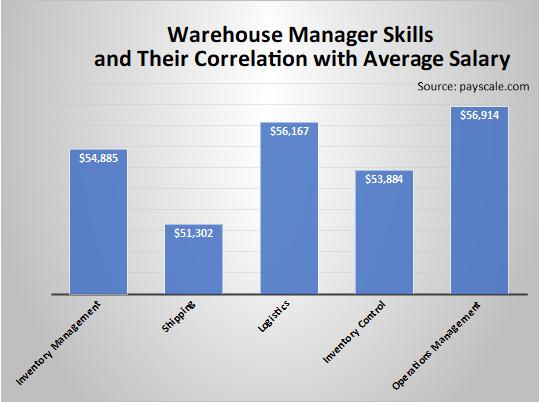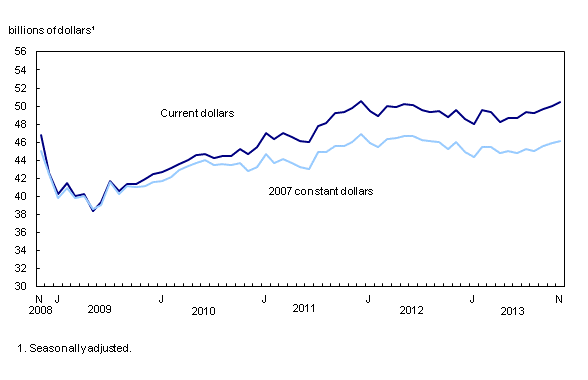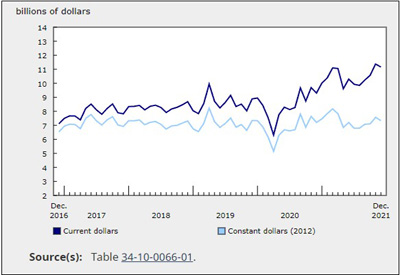Supporting Next Generation Talent

June 18, 2018
By Michelle Branigan
With the electricity sector experiencing changes on so many fronts — technological, demographic, political — it is no surprise that the careers traditionally associated within the sector will also be affected.
That’s not to say that jobs will disappear overnight — we‘re still going to need powerline technicians to keep the wires working — but the increasing digitalization of the sector will see some of the tasks associated within job classifications evolve. Some jobs will indeed become redundant, but others will emerge to take their place, and still others will merely be redefined.
Rather than see this is a negative, it proves a wonderful opportunity to engage the next generation of talent, many of whom may not have thought of the sector as the most innovative and creative sector in which to kick-start their career. That perception is quickly changing as the industry focuses on the delivery of clean energy, sustainability and leading edge technology.
There is such a breadth of careers available in the sector — in trades, engineering, supply chain, legal, finance, energy efficiency, energy management, etc. — that there is an abundance of job openings and high-quality career opportunities for job seekers and those looking to transition from one career to another.
To get these jobs, and the right mix of skills required by employers, it is critical that students in post-secondary programs have an opportunity to acquire real life job experience to facilitate their entry into the electricity workforce. Academic prowess alone is now insufficient for a successful career in most fields. Employers have spoken to EHRC about the lack of general skills found in candidates, in particular those non-technical, or “soft” skills such as leadership ability, communications skills, decision making skills, project management experience, etc.
At the same time the difficulties faced by young Canadians in the transition from school to work — obtaining entry into the world of work and gaining relevant job experience — are well documented.
So how do we bridge that gap?
We need to invest in young people and provide them with an opportunity to obtain the transferable skills that they need to be successful. There needs to be a proactive and collaborative approach taken by government, employers and educators to support the development of a workforce that has the skills and competencies to lead the transition to a lower carbon economy and foster economic growth.
One of our objectives here at EHRC is to bring together industry stakeholders to proactively address the issues and challenges we see emerging. We have long advocated for the need for employers to commit to hiring apprentices, co-op students or interns.
We know that these opportunities provide that student with valuable work experience, and provide the employer with an opportunity to assess a potential career employee and see them in action. With the cost of hiring so high, especially for the wrong hire, this is a great opportunity to identify potential top performers that employers may want to hire full time following their graduation.
With the support of the federal government, EHRC has launched a fantastic new program entitled, “Empowering Futures”, whicht will enhance the job-readiness of up to 1,000 post-secondary STEM (science, technology, engineering, mathematics) and business students across Canada by offering up to $7,000 in wage subsidies to electricity and renewable employers.
Those work-integrated learning opportunities (WIL) include co-ops, internships, field placements, applied projects, and capstone projects or case competitions.
Additionally, in supporting the future needs of students, the program will also assist in leveraging partnerships among employers, government and training institutions to build or adapt curricula, ensuring that the curricula being delivered align with the needs of the sector.
Eligibility
To qualify for the program, the company must be Canadian owned or a Canadian subsidiary, and be part of the economic sector represented by firms
- whose primary activity is the generation, transmission and distribution of electrical power
- engaged in the manufacturing of equipment and the provision of services necessary to the generation, transmission and distribution of electrical power
- engaged in supporting the sector including renewables, in any of the following areas: R&D, business development, energy efficiency, energy storage, electrical vehicle integration, or smart cities.
Make change happen
This is a great opportunity to contribute to your business through the development of a talent pipeline, while equipping the next generation with the skills they need to support the Canadian electricity workforce.
Start here
Placements are going fast so to learn about how you can avail of this subsidy by visiting our site at electricityhr.ca\empoweringfutures\
Alternatively, contact Mark Chapeskie, EHRC Director of Programs, at chapeskie@electricityhr.ca
Michelle Branigan is CEO, Electricity Human Resources Canada.











